When I was fourteen, my father, who was an itinerant joiner and builder, returned home from working in Knoydart and I heard him say to my mother, ‘A Churstaidh, tha fichead mìle acair talmhainn shuas an sin, falamh,’ (‘Ciorstaidh, there are twenty thousand acres of land up there, empty.’)
It was the moment of my political awakening, for it had become increasingly evident to me that the harder my parents worked (my mother meantime worked as a cleaner in the local hotels and as a part-time prawn-peeler in the local fish factory) the poorer we were. Why was this?
Why were we in a council house while my father spent half his life building homes for others who could afford them? For since my early childhood I had realised that there was a class system – even in South Uist. Sure enough, there was no Eton and no bowler-hatted men in striped breeches strutting with their silver canes down the machair, but I was well aware that there were two classes of people: crofters and cottars.
Now crofters were those who had (rented) some acres of land and had cows and sheep and fields where they could grow potatoes and crops, and crofters also had access to a generous grant-and-loan scheme through which they could build a house. And then there were the cottars, who had no land and no access to that government scheme. We were of that inferior class.
And I was always aware of the irony of my landless-and-grant-and-loan-less father building these bonny new bungalow houses for the crofting class that had the advantage of government support. It always struck me as unfair.
No such thing as an objective stance
So, a couple of years later when I left school, I went to Edinburgh University and choose to study Politics and History to find out why. It took me a while to realise that the university itself was part of what we now know as the neo-liberal system, and so had very little interest in challenging the assumptions and pillars that fed it.
All that changed in our Junior Honours year when we had the great good fortune to have Professor Richard Ashcraft from the University of California Los Angeles as a visiting teacher. I remember his welcome to us at our first small tutorial group. ‘Hi,’ he said. ‘My name is Richard L Ashcraft and I’m from the UCLA in Los Angeles, and I’m a Marxist.’
He was a terrific teacher and a kind and wonderful human being. He taught us that everything comes from a class or gender or cultural or political position, and that there is no such thing as an objective or purely epistomological stance. Every view is tainted, and the cultural filters through which we’re taught and through which we see everything are all highly skewed.
Take the media, for instance. Whether it’s The New York Times or The London Times their perspective is limited. And that’s before we go on ownership, where the editorial line (and the choice of headlines and the choice of news stories and the choice of pictures and so on and so forth) is determined by the political leanings of the owner(s). He who pays the piper, and all that…
And that’s before we touch on the hugely complex and troubled species known as social media. Meta and Google and Facebook and X and all the rest, where war is peace and freedom is slavery and ignorance is strength, to quote Seòras Orwell.
System benefits the privileged
The great Richard Aschraft taught us to think. And part of that thinking was to unveil systems. The system that keeps the rich rich and the poor poor. The system that makes sure that women are paid less than men. The system that makes sure that Gaelic is marginalised and disempowered and centrally bureaucratised. The system that ensures MSPs get paid £67,000 a year while care workers get paid a quarter of that – £18,000. So four care workers for the price of one MSP.
We often hear that the system is broken. It’s not – it’s working perfectly. Just not for you and me. It’s working perfectly well for the multi-nationals and global corporations and warmongers and manufacturers and the fossil-fuelling oil and gas and power companies. It’s working perfectly well for the privileged and for the landlords of this country.
It’s working perfectly well to keep you and me in our place, thankful for the little we have as the poor get poorer, and land and rent and house prices increase out of all proportion. The neo-liberal economic free market system is working perfectly well, thank you. Except not for the vast majority, or for the environment, daily exploited and destroyed in the name of growth and profit.
Justice, like charity, begins at home: let’s make sure it happens locally first.
Angus Peter Campbell is an award-winning writer and actor from Uist
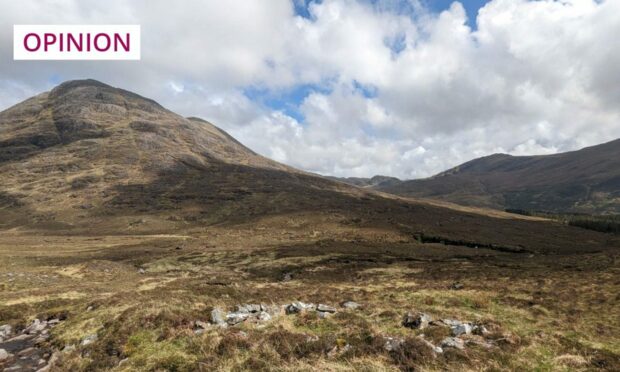
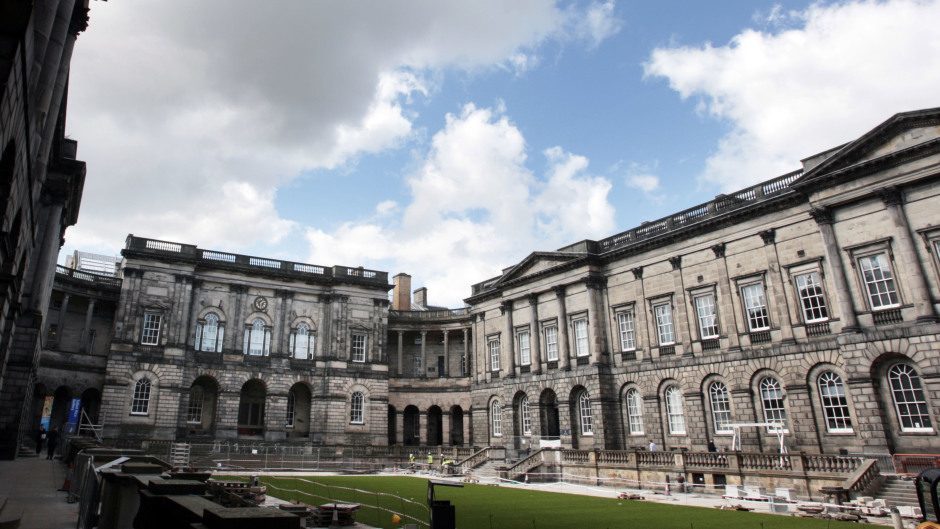

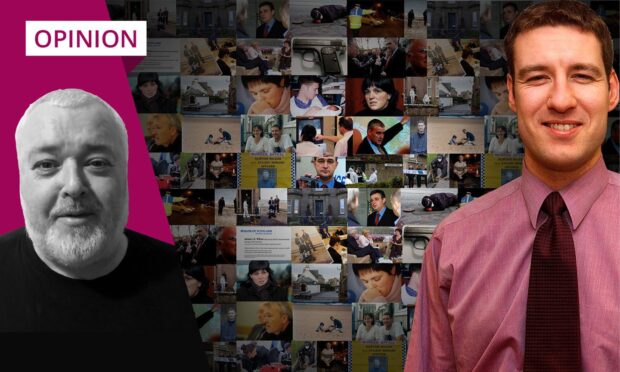
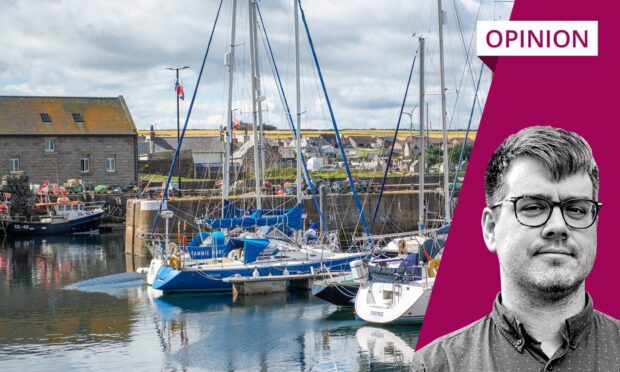
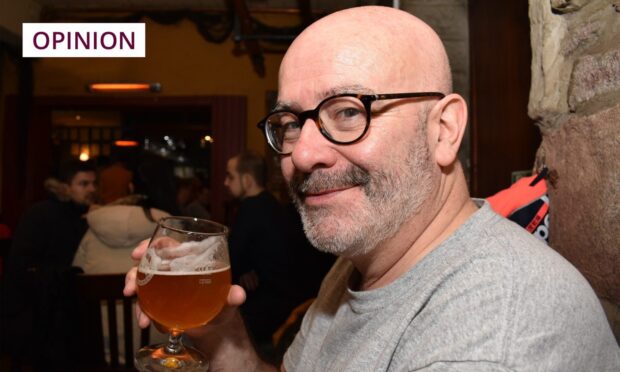

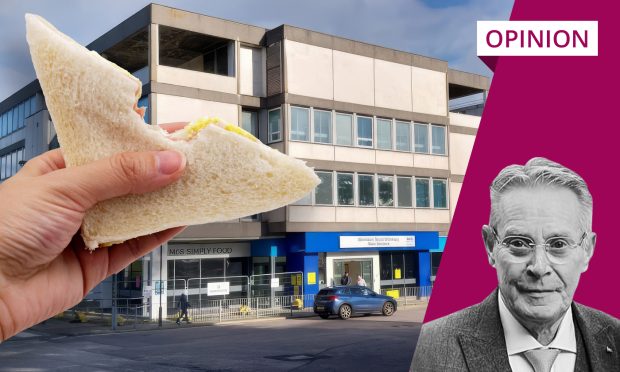

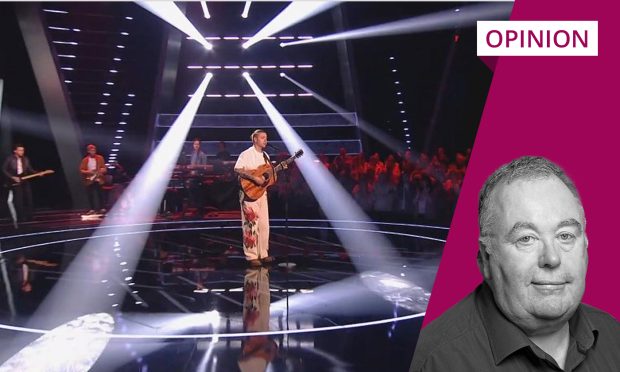
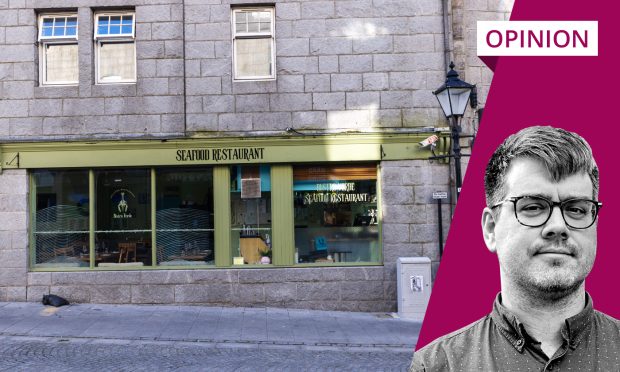
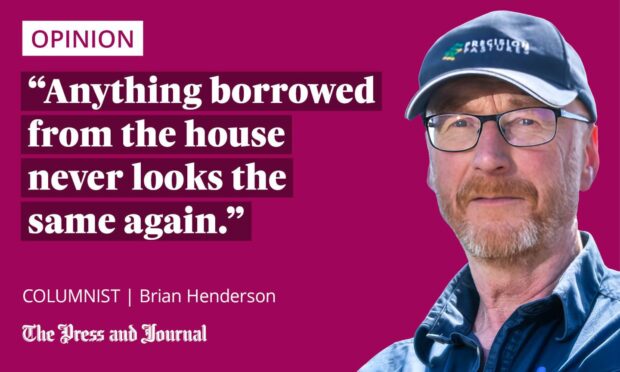
Conversation